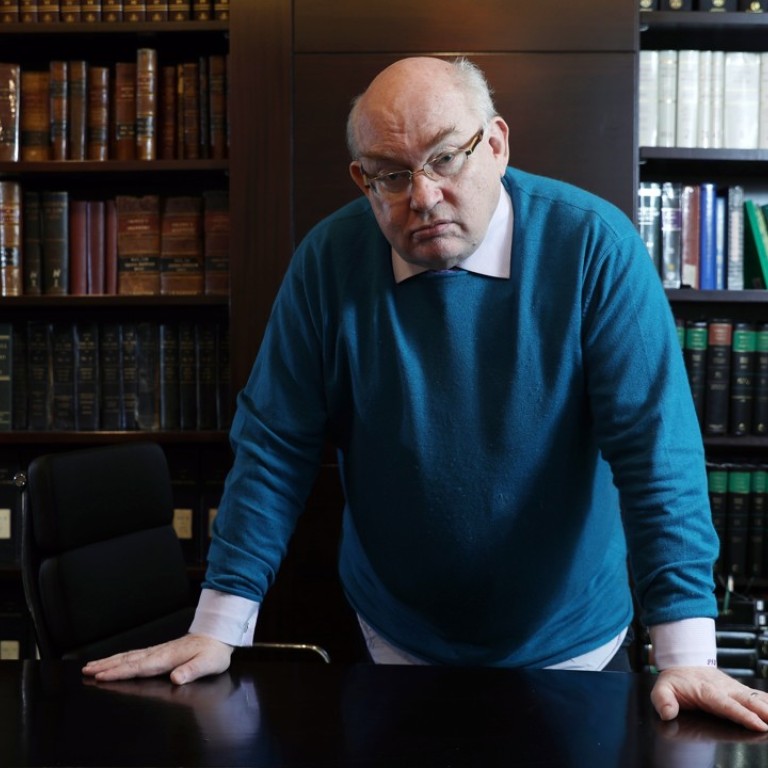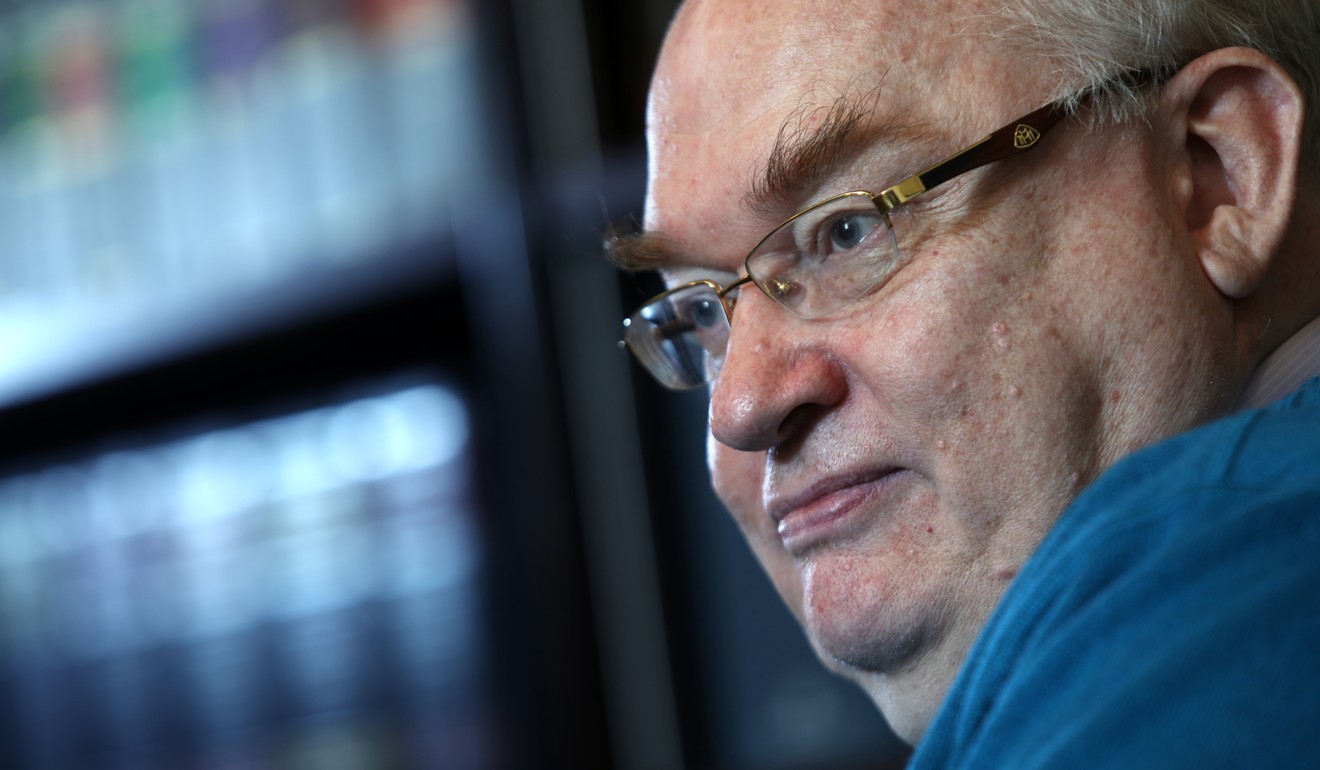
‘Respect’ is early watchword for new Hong Kong Bar Association chairman
Human rights lawyer stresses importance of ‘constructive talks’ with Beijing
The newly elected head of the Hong Kong Bar Association urged Beijing on Friday to respect the influential body of barristers, but stressed it would not take an antagonistic stance after critics across the border began attacking his upset victory.
“You are dealing with the institution, not personality. It should make no difference,” he said, also acknowledging that it was important to have “constructive talks” with Beijing.

Dykes and some of his allies who were elected to the Bar Council, the association’s governing body, began to come under attack just hours after he unseated incumbent chairman Paul Lam Ting-kwok on Thursday night in the most heated leadership contest in years.
His five-member team, including criminal law expert Lawrence Lok Ying-kam and liberal scholar Johannes Chan Man-mun, took four of the five council seats.
Mainland institutions should respect Hong Kong institutions where they figure large in civil society
Dykes’ group, whose members have represented pro-democracy defendants and plaintiffs in recent years, had campaigned for “a strong Bar, a strong rule of law”, while Lam and his allies championed an “apolitical” association.
Dykes’ victory prompted Tian Feilong, associate professor at Beihang University’s law school in Beijing, to call on the association not to politicise legal issues. Tian said the association had been ignorant about Beijing’s comprehensive jurisdiction over Hong Kong.
Another mainland Chinese scholar, Li Xiaobing, an associate professor of law at Nankai University, was similarly pessimistic about Dykes’ win.
Dykes hit back after assuming his new role on Friday: “Mainland institutions should respect Hong Kong institutions where they figure large in civil society.”
The Bar Association had a long-standing presence in Hong Kong, which had been acknowledged by mainland authorities, he added.
Dykes said he would not let his personal interest get in the way, when asked whether his human rights credentials would make it difficult for him to communicate with Beijing, given its track record of dealing with rights lawyers.
Who’s who in the new Bar Association leadership, and what’s next on their list of challenges?
He said he understood the mainland followed a “profoundly different” system of interaction between the law and the public.
“You recognise those differences ... and that recognition should inform any dialogue between you and the other side, because we’re there to have constructive talks,” he said. “You do not antagonise another side unnecessarily.”
He again recalled his previous stint as chairman of the Bar Association in 2005, and familiarising with mainland court proceedings during his visits to Beijing. He described the experience as different, but did not recollect having any problems in his cross-border exchanges.
City’s barristers want Bar Association to ‘step up to the plate’ on constitutional matters, says one of its new leaders
Tong said the leadership shake-up would have an impact due to prevailing perceptions. He said the fact that some of the newly elected members had been helping pro-democracy activists in court gave the impression that they were inclined to side with them.
“It would be too much to ask if you want Beijing to accept your view as impartial,” he said.
Dykes dismissed such concerns, saying barristers should not be associated with the political views of their clients.
“There is an unhealthy trend identifying advocates with the people they represent. I can forgive that for lay people but I can’t understand lawyers,” he said, adding that he looked forward to representing the government as well if the opportunity arose.
On a radio show, Chan said he expected the association’s governing body to speak up more fearlessly on constitutional issues, but stressed it would not politicise matters. The association would maintain a professional relationship with the mainland, he added.

